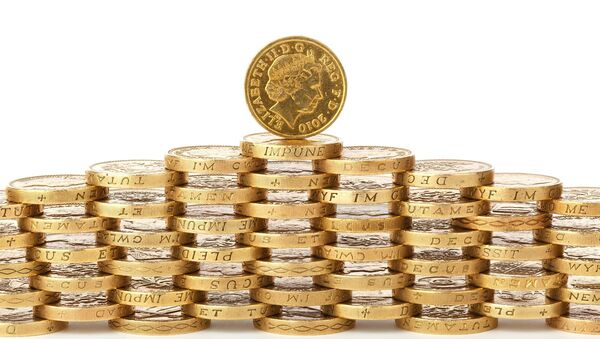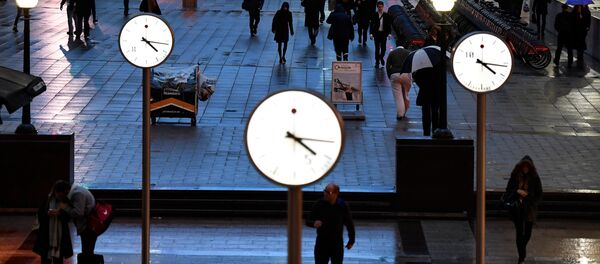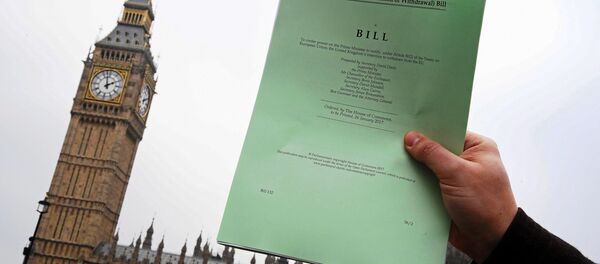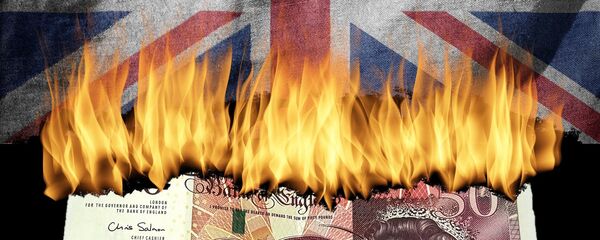Besides, a slower pace of GDP expansion, another consequence of Brexit and the ongoing realignment of the British productive forces, will likely prevent any substantial gains in worker compensation.
Nonetheless, the recent revaluation of the pound might help prevent the inflation from going out of control. The Bank of England (BOE) also has some wiggle room allowing to tackle inflation, as the currently ultra-low base interest rates allow for low-scale rate hikes,
Wage increases, on the other hand, will not exceed 2.7pc this year, and the resulting negative difference between inflation and salary gains will impair the purchasing power of British households.
NIESR also said the GDP growth will likely stand at 1.7pc for this year, which is lower than 1.8pc in 2016. The overall macroeconomic conditions are thus poised to deteriorate slightly this year, and the main focus is therefore inflation.
“GDP growth over the next couple of years will be subdued, growing at less than the economy’s long-run potential rate of 2% per annum, but households will feel the pinch from rising consumer price inflation,” Simon Kirby of NIESR said.
Prime Minister Theresa May has addressed the issue saying that her plan to limit the gains in energy costs will help increase disposable incomes of the consumers, many of whom recently have limited their expenses to most basic shopping items. Jeremy Corbyn, the leader of the anti-austerity Labour opposition said, on his part, he wants more governmental interference with the housing market, curbing the home prices and rents.
“The rate of inflation is expected to rise from 2.3pc per annum in March to almost 3.5pc by the end of 2017. By 2018 we expect consumer spending growth to have effectively stalled,” NIESR’s Kirby said.
The NIESR report has drawn some criticism as excessively pessimistic, and affecting the sentiments of the public just ahead of the general election. According to the Office for Budget Responsibility of the Her Majesty Treasury, inflation this year would not exceed 2.4pc – compared to NIESR’s projection of 3.4pc.
The pound sterling now stands at its seven-months highest at $1.30, mainly due to the market confidence of Theresa May’s victory at the upcoming election, and whilst the February’s spike in inflation was mainly driven by the pound’s slide to as low as $1.16 in late 2016, the currency revaluation allows for more moderate inflation projections into the autumn.
Nonetheless, consensus market expectations put the UK inflation at roughly 3pc for this year, which, compared to wage increases of 2.7pc, will affect the consumer. Whilst domestic consumption drives some 79pc of the UK GDP, the inflation outpacing gains in salaries and wages bears hazards to the pace of economic growth.
However, the UK labour market is quite solid, with jobless rate at 4.7pc and labour participation rate at 74.6pc – compared to that of 64pc in the US, for example – but labour market’s strength might fail to pass on to the economy in the form of quicker growth due to the below-inflation gains in wages.






